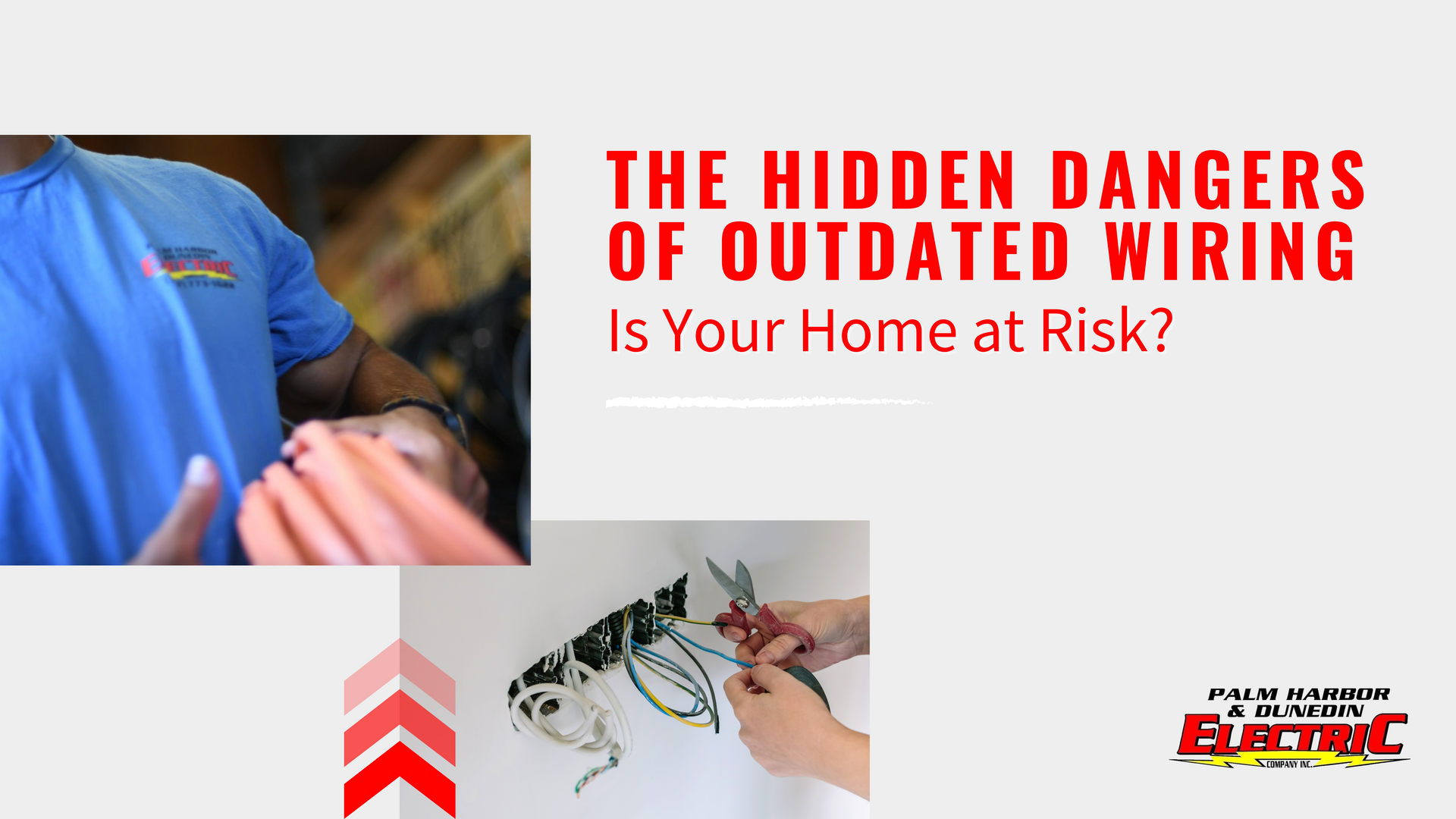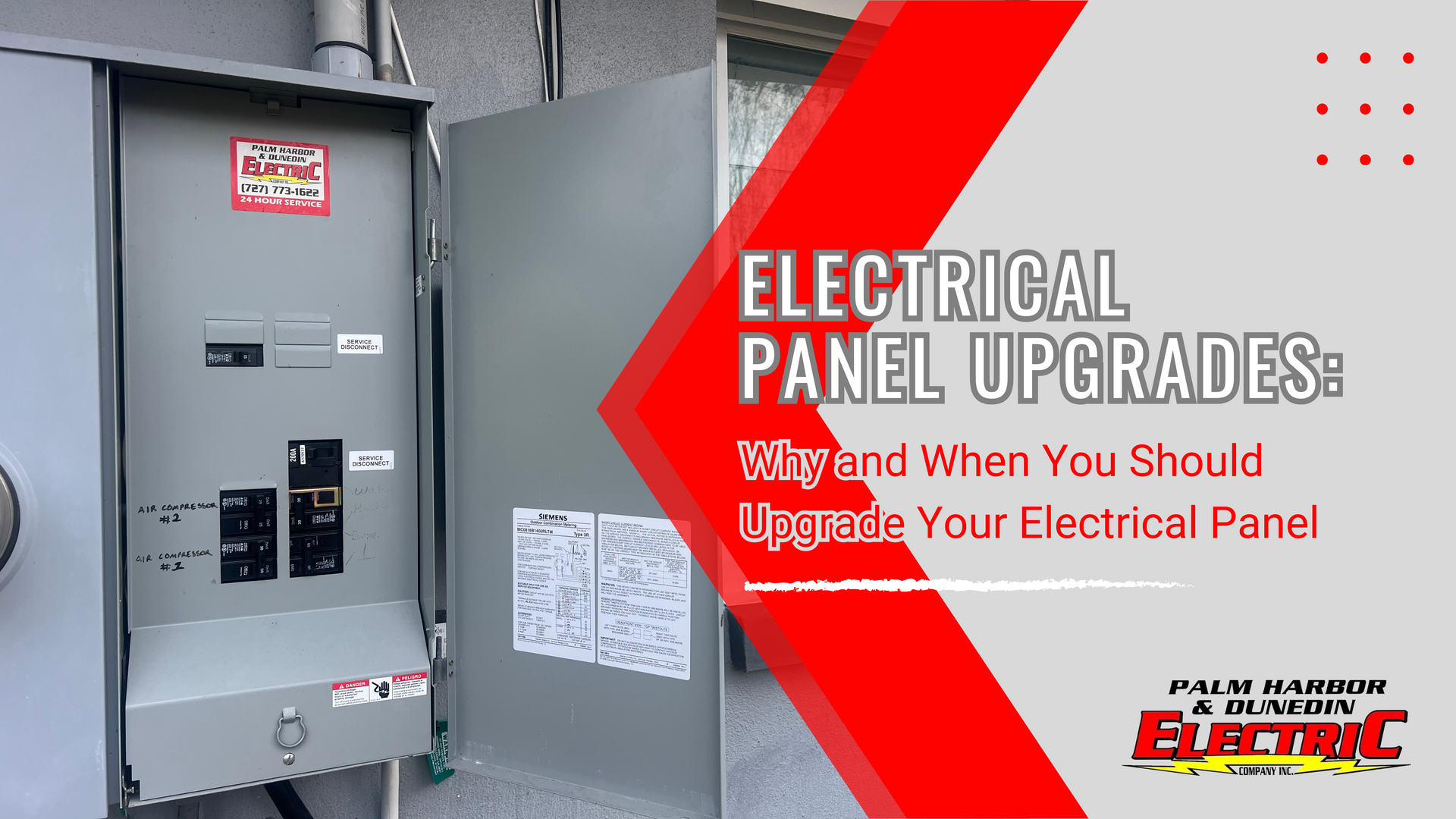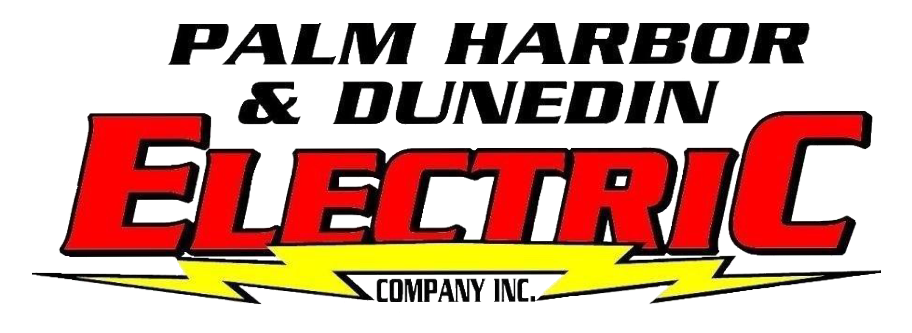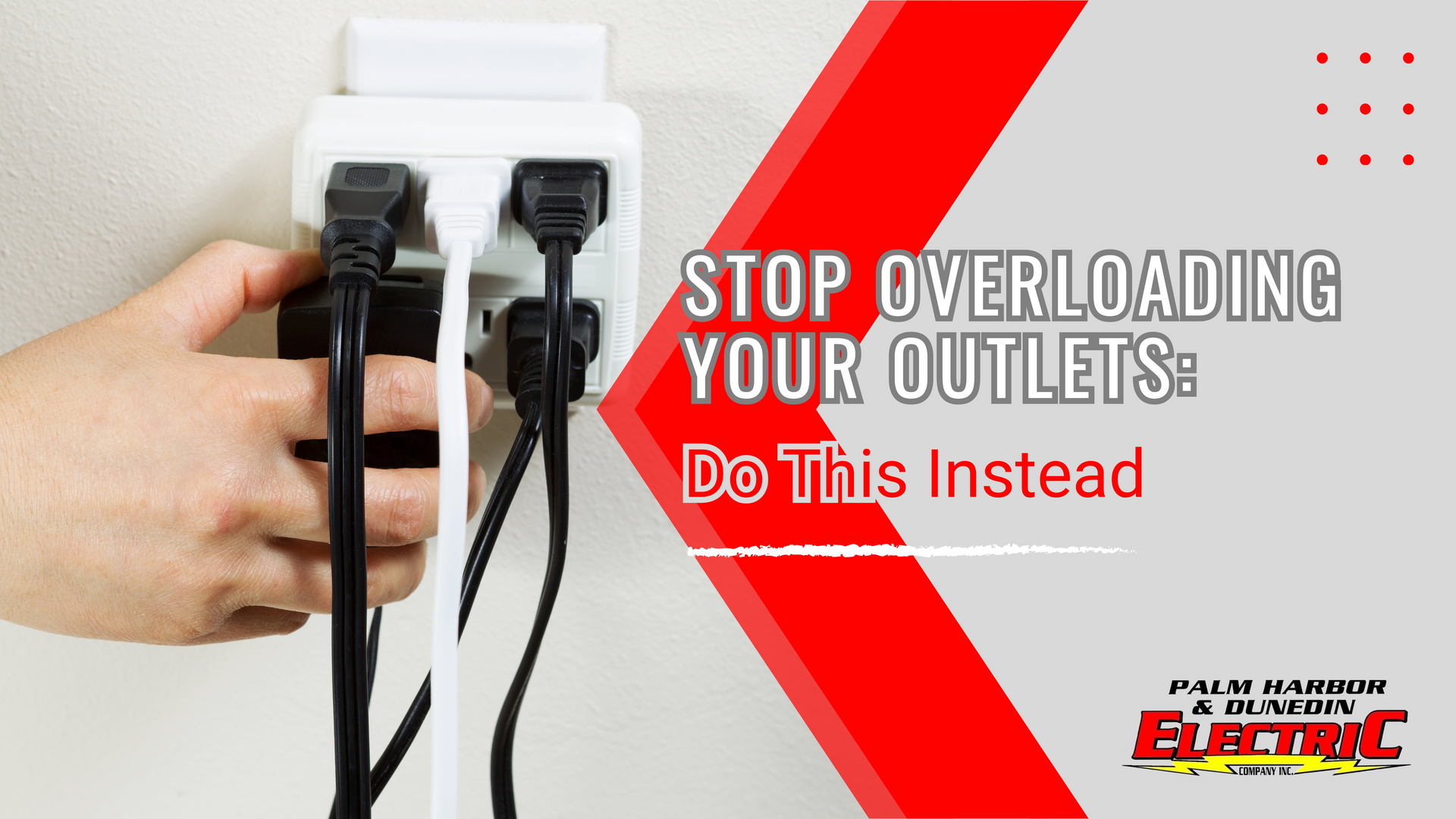Understanding the Causes of Electrical Wire Failures
November 8, 2023
Preventing Wire Failures: Tips for a Safer Electrical System

Introduction
Electrical wires play a crucial role in our modern lives, providing the conduit for electricity to power our homes, businesses, and industries. However, like any other component, electrical wires can sometimes fail, leading to disruptions in power supply and potentially hazardous situations. In this blog post, we will explore the various reasons why electrical wires may stop working and discuss preventive measures to ensure their longevity.
Overloading
One of the most common reasons for electrical wire failure is overloading. Overloading occurs when the demand for electricity exceeds the wire's capacity to safely carry the current. This can lead to overheating, which may cause the wire's insulation to degrade or even melt, resulting in a short circuit or fire.
**Prevention: To prevent overloading, it's crucial to distribute electrical loads evenly across circuits, avoid using too many high-wattage appliances on a single circuit, and periodically assess the electrical demands of your home or facility.
Wear and Tear
Over time, electrical wires can experience wear and tear due to factors such as vibration, temperature fluctuations, and exposure to environmental elements. This wear can lead to the degradation of the wire's insulation or even the conductor itself, potentially resulting in reduced conductivity or complete failure.
**Prevention: Regular inspections of electrical wiring, especially in areas prone to harsh environmental conditions, can help identify signs of wear and tear. Replacing damaged or deteriorating wires promptly can prevent further issues.
Corrosion
Corrosion is a significant concern for electrical wires, particularly in humid or coastal regions where moisture and salt in the air can cause metal components to deteriorate. Corrosion weakens the integrity of the wire, making it more prone to failure.
**Prevention: Using corrosion-resistant materials for wiring, applying protective coatings, and keeping electrical components dry can help mitigate the effects of corrosion.
Improper Installation
Improper installation of electrical wiring can lead to a range of issues, including poor connections, inadequate support, and incorrect sizing of wires. These problems can compromise the safety and functionality of the electrical system.
**Prevention: Hiring a qualified electrician to install or upgrade electrical wiring is essential. They will ensure that the wiring meets all relevant codes and standards, reducing the likelihood of future failures.
Rodent Damage
Rodents like rats and mice are notorious for chewing through electrical wires, which can lead to short circuits and electrical fires. This is a particularly common issue in older homes or properties with inadequate rodent-proofing measures.
**Prevention: Employing rodent deterrent measures, such as sealing entry points, using protective conduit, or using rodent-resistant wiring, can help prevent damage from pests.
Conclusion
Understanding the potential causes of electrical wire failures is crucial for maintaining a safe and reliable electrical system. By taking proactive measures to prevent overloading, addressing wear and tear, combating corrosion, ensuring proper installation, and protecting against rodent damage, you can significantly reduce the risk of electrical wire failures in your home or business. Regular inspections and timely maintenance are essential practices to keep your electrical system operating at its best. If you encounter any signs of electrical wire problems, always consult a qualified electrician for professional advice and assistance.

By Palm Harbor & Dunedin Electric Co., Inc.
•
March 6, 2025
The Hidden Dangers of Outdated Wiring – Is Your Home at Risk? Your home's electrical wiring is out of sight, but it should never be out of mind. If your house is decades old, it may still have outdated wiring that could pose serious safety hazards. Faulty wiring is one of the leading causes of electrical fires, and ignoring warning signs could put your family and property at risk. Here’s what you need to know about outdated wiring and when it’s time for an upgrade.

By Palm Harbor & Dunedin Electric Co., Inc.
•
February 18, 2025
Why and When You Should Upgrade Your Electrical Panel As a homeowner, ensuring the safety and efficiency of your electrical system is paramount. One critical component that often requires attention is the electrical panel—the heart of your home's electrical system. At Palm Harbor & Dunedin Electric, we've been proudly serving the Pinellas area since 1987, offering expert electrical services designed to keep your home safe, efficient, and future-ready.
BROWSE OUR SITE
CONTACT INFORMATION
Phone: (727) 773-1622
Fax: (727) 773-1721
Email: info@dunedinelectric.com
Address: 2300 Congress Ave
Clearwater, Florida 33763
License # ec13002291






BUSINESS HOURS
- Monday
- -
- Tuesday
- -
- Wednesday
- -
- Thursday
- -
- Friday
- -
- Saturday
- Closed
- Sunday
- Closed
Content, including images, displayed on this website is protected by copyright laws. Downloading, republication, retransmission or reproduction of content on this website is strictly prohibited. Terms of Use
| Privacy Policy








